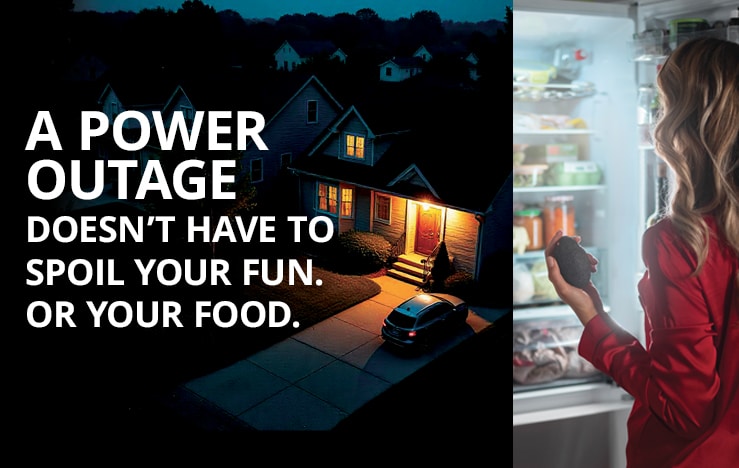Backup Generators in Greater Los Angeles

Keep Power When You Need It
Power outages strike without warning. A backup generator keeps lights on. It powers your fridge. It protects critical systems. You need a system that works the moment you lose utility power.
Air-Tro installs and services backup generators for homes and businesses. We guide you through choosing a unit that fits your living space and budget.
What Size Generator Do I Need to Backup My House?
Generator size depends on your power needs. Essential circuits like lighting, refrigerator, and sump pump draw less than 10 kW. A whole-house generator that runs AC and all circuits may need 20–25 kW.
We calculate total wattage based on your appliances and circuits. Then we recommend a generator with enough capacity and a safety margin to keep you running smoothly.
Finding the Right Generator for Your Home
Generators come in natural gas or propane models. Whole-house units often start at 20 kW; essential-power generators start at 10 kW. We factor in:
- Your home’s size and wiring capacity
- The critical appliances and systems you want to keep online
- Fuel availability and cost considerations
We help you pick a generator that matches your needs without overspending.
Automatic Transfer and Monitoring
Automatic transfer switches sense power loss and start the generator in seconds. They shift your home’s circuits to backup power without any manual steps. Optional remote monitoring lets you check generator status from a phone or computer. You receive alerts before service is due. That adds confidence that your system will work when you need it.
Installation and Ongoing Care
Installation covers permits. It covers fuel connections. It covers electrical tie‑ins. That makes your generator ready when power goes out. We visit twice a year for inspections. We change oil. We replace filters. We test batteries. We check for cold-weather readiness. This routine service prevents surprises. It keeps your system running.
Schedule Your Generator Consultation
Don’t wait for the next outage. Air-Tro has provided backup power solutions in Greater Los Angeles since 1969. We deliver fast, expert service.
Call 626-357-3535 or request a consultation today.
FAQ: Backup Generators
What size generator do I need to backup my house?
Calculate the wattage of your essential circuits. Smaller needs use 10 kW. Whole-house coverage often requires 20–25 kW.
What fuel should my generator use?
Natural gas or propane are common. We advise based on fuel access and cost.
How often should I service my generator?
Twice a year. Inspections, oil changes, and battery tests keep it ready.
Will my generator run my entire house?
A properly sized unit can. We’ll match capacity to your power plan.
